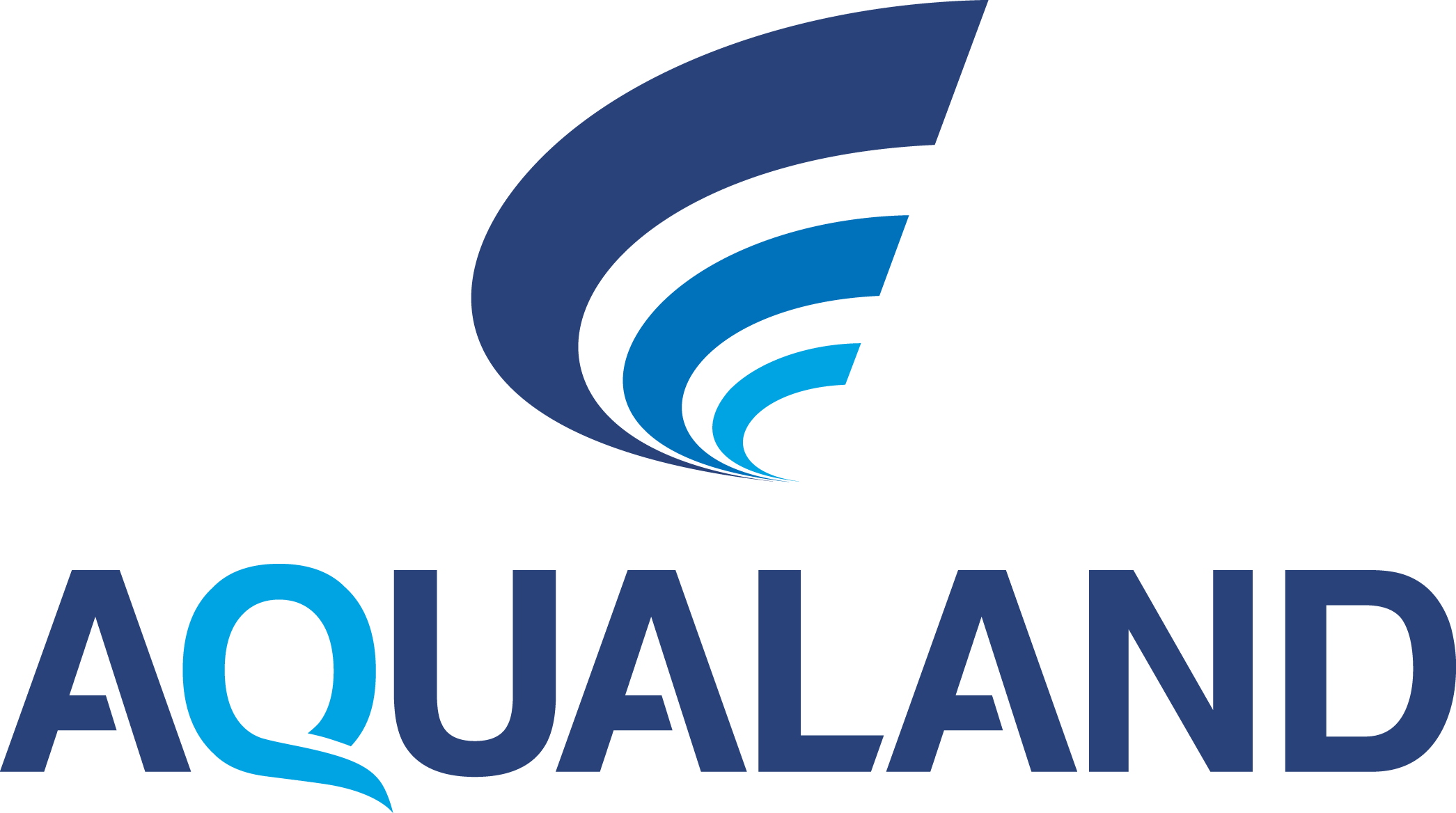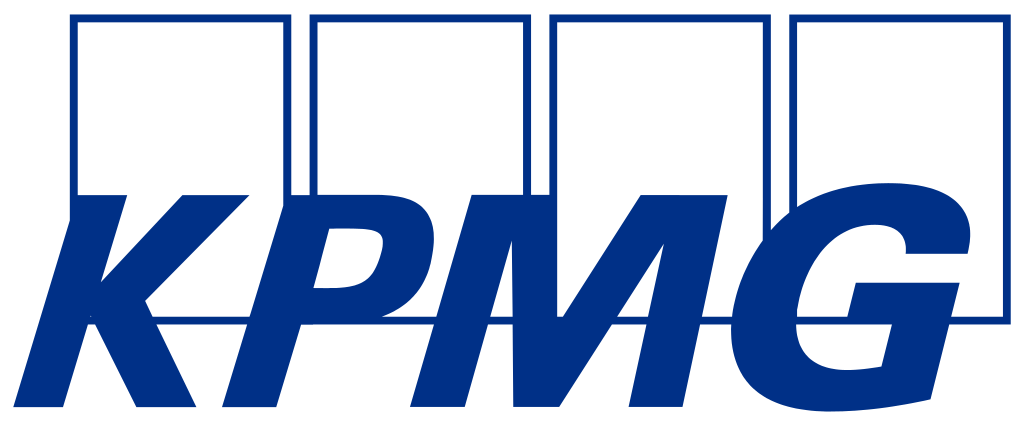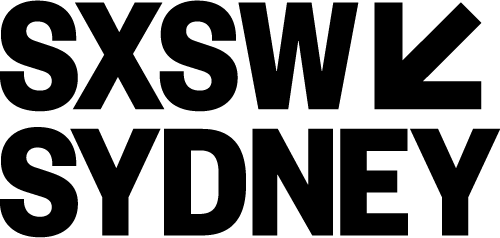Thank you to everyone who voted for the People's Choice Award. Votes have now closed, with the winners revealed at the Sydney Awards gala dinner on 12 September 2024. In the meantime, read below to meet the finalists in the running for a Sydney Award.
Our 2024 Sydney Awards judging panel selected 12 finalists. They are in the running for the following categories: Sydneysider of the Year, Young Sydneysider of the Year, Unsung Hero and Project of the Year.
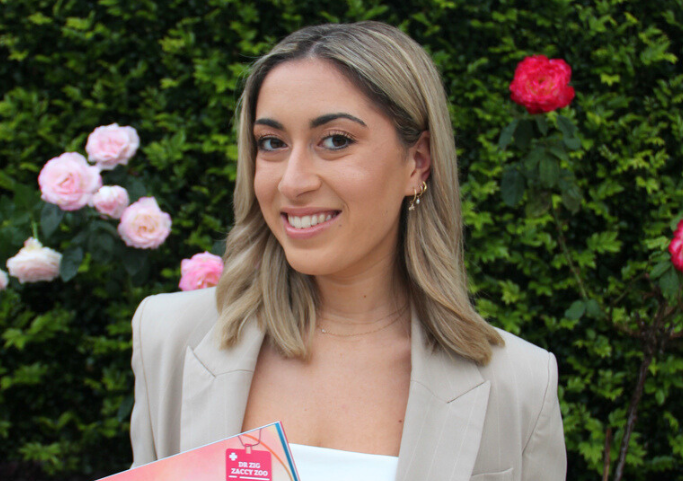
Medical student and author, My Strong Heart
At 24, Alexia Paglia is a fierce advocate for children’s health education. Currently a Doctor of Medicine student at University of Wollongong, she blends her rigorous training with a passion for community service, aiming to bridge the health literacy gap in Australia.
Her work as a clinical trials researcher in oncology at UNSW led to a significant review on survivorship care for young cancer survivors, underscoring her dedication to impactful healthcare delivery.
But it’s her bestselling children’s book on heart health, "My Strong Heart," that sets her apart. Sparked by her motivation to make medical environments less intimidating for children, Alexia has used her book to facilitate free lessons at Sydney Children’s Hospital School, and host reading sessions at local libraries.
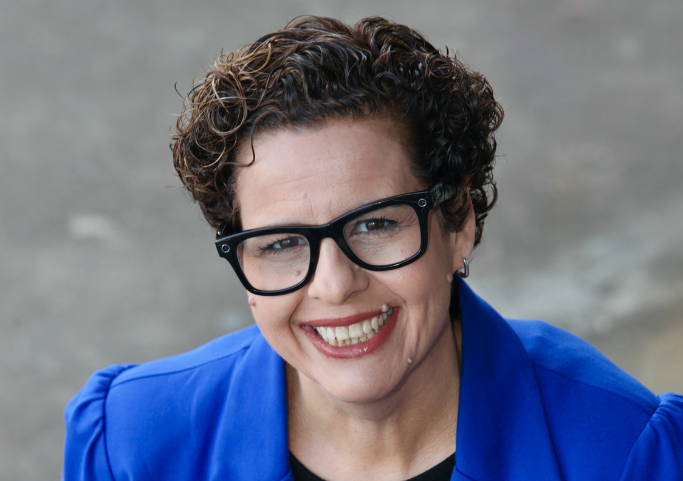
Co-Chair, Impact 100 Sydney
A true champion for Sydney’s underdogs, Corinne works tirelessly to foster community-driven philanthropy and entrepreneurship for underrepresented groups.
Volunteering as the Co-Chair of Impact100 Sydney, she organises 100 donors to contribute to a $100,000 annual collective grant, and works with them to decide which charities to support. Kemp's commitment has led to raising over $250,000 for Impact100 last year alone.
An inclusive and collaborative leader with a knack for identifying people's strengths and harnessing them for collective impact, Corinne is also the co-founder of Migrant Women in Business. Here, she connects migrant women entrepreneurs with a support network, resources and opportunities to help them succeed in their ventures.
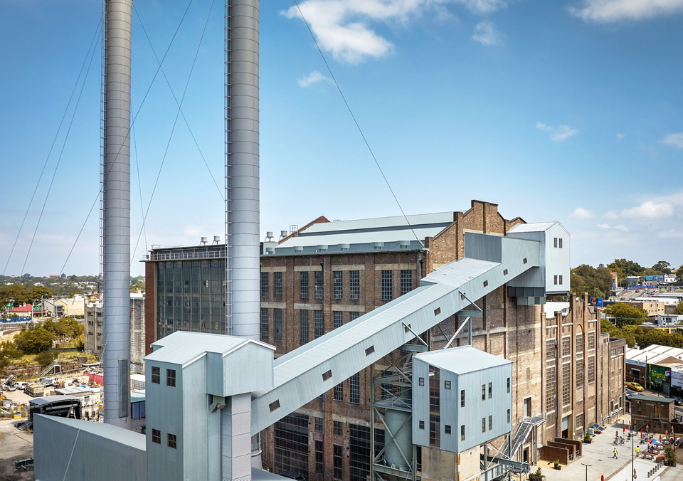
White Bay has the subject of so many conceptual plans, none of which resulted in action, from Disneyland to a Googleplex.
However, a joint effort between Placemaking NSW and the Biennale of Sydney brought together experts in event planning, heritage conservation, urban planning and community engagement, to transform the long abandoned site.
This plan, which has preserved White Bay’s historical integrity while adapting it for the modern era, has culminated in its launch with the Biennale of Sydney. It showcased the site's potential as a premier venue, highlighting the successful partnership between Placemaking NSW and the Biennale of Sydney.
White Bay Power Station is now a focal point for the transformation of the Bays West precinct into a connected and vibrant new area for living, working and recreation.
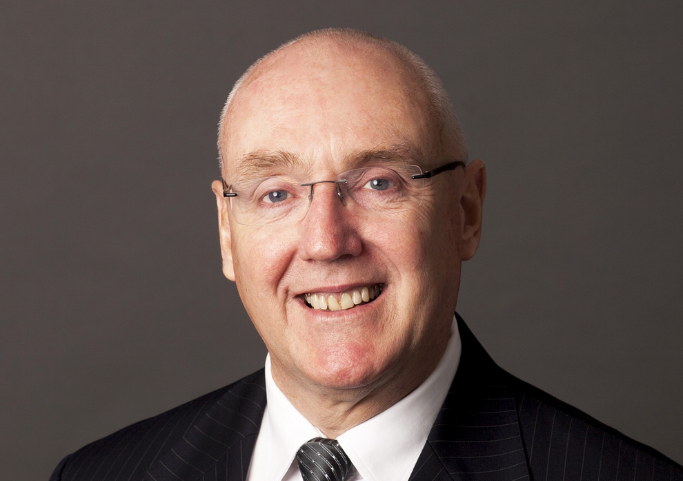
Former Vice Chancellor of Western Sydney University, and current Jobs and Skills Australia Commissioner
Professor Barney Glover AO has transformed Western Sydney University (WSU) as their former Vice Chancellor – as well as the region as a whole.
He strategically developed high-rise campuses in key areas like Parramatta, Blacktown, and Bankstown, drawing government and corporate investment and sparking urban renewal. Under his leadership, WSU’s rankings, research outputs, student numbers, and community engagement surged.
Now, as the first Commissioner of Jobs and Skills Australia, Glover provides expert advice on Australia's skills needs, guiding workforce studies and collaborations.
Glover’s work is widely respected, particularly his contributions to education, community engagement, and support for First Nations Australians.
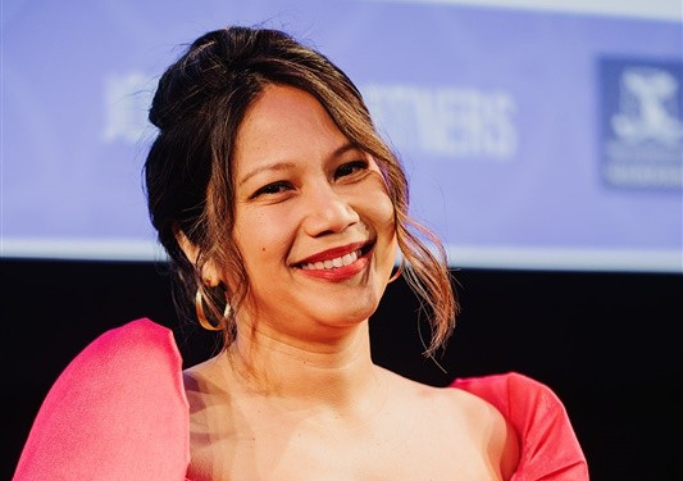
Founder & Director, Welcome Merchant
Marjorie launched Welcome Merchant in 2020 as an Instagram directory spotlighting refugee businesses. Despite limited funding and juggling it with a full-time job, she grew Welcome Merchant into a full-fledged social enterprise – hosting events like refugee-powered markets and dining pop-ups, leading a volunteer team, hosting skill-building workshops, and fundraising for new entrepreneurs.
Under her leadership, Welcome Merchant has raised $80,000+ for refugee business partners (many of them being small businesses in Sydney), donated $28,800+ to charities, and sold hundreds of hampers with products made by refugees.
She is a fierce mentor and advocate for the many entrepreneurs she works with, and continues to fight for social justice and the rights of refugees, asylum seekers and migrants.
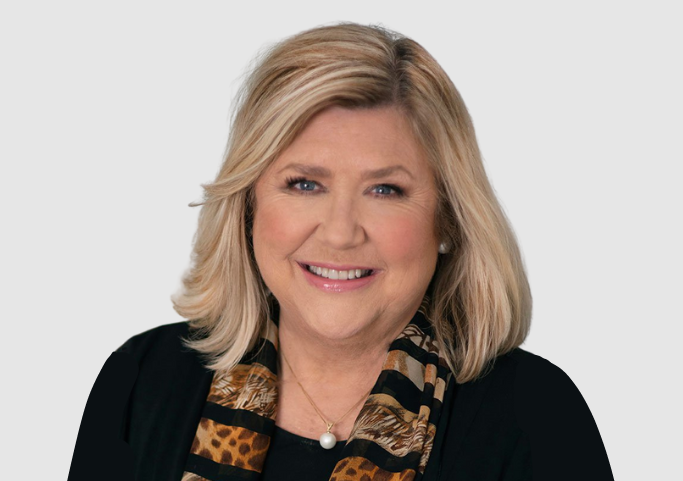
CEO, Australian Museum
In 2014, Kim McKay AO became the first woman and non-scientist to lead the Australian Museum in its 190+ year history.
Under her leadership, the museum’s annual visitation soared from 340,000 to 1.5 million in FY23-24. Kim also brought the Ramses & the Gold of the Pharaohs exhibition to Sydney, which hit records as the highest museum attendance in Sydney since the 1970s. Kim has also shaped the museum’s programming to advocate for climate solutions, highlight First Nations voices, and increase cultural outreach in the Pacific.
She champions equitable access to culture, providing free entry for close to 4500 students from schools in lower socioeconomic areas through the 'Day at the Museum' program. Kim has also significantly diversified the museum’s leadership, with women now making up two-thirds of the executive team, board of trustees, and staff.
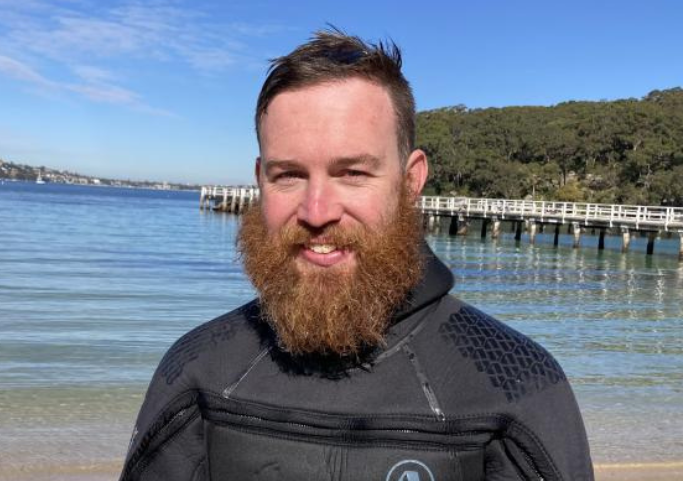
Project manager and PhD candidate, Sydney Seahorse Project, Sydney Institute of Marine Science, UTS
Mitchell Brennan, a 29-year-old scientist and PhD candidate, leads the Sydney Seahorse Project, which achieved a world record by releasing the highest number of baby seahorses into Sydney Harbour.
Brennan’s meticulous research has significantly improved the survival rates of captive-bred seahorses, contributing to the conservation of the endangered White’s seahorse. His research has been pivotal in developing evidence-based conservation methodologies, installing seahorse hotels, and restoring natural habitats. Brennan’s efforts extend to engaging the public and students, fostering the next generation of marine conservationists.
Additionally, Mitchell has played a key role in community engagement, leading public outreach efforts, organising community events, and involving citizen scientists in monitoring.
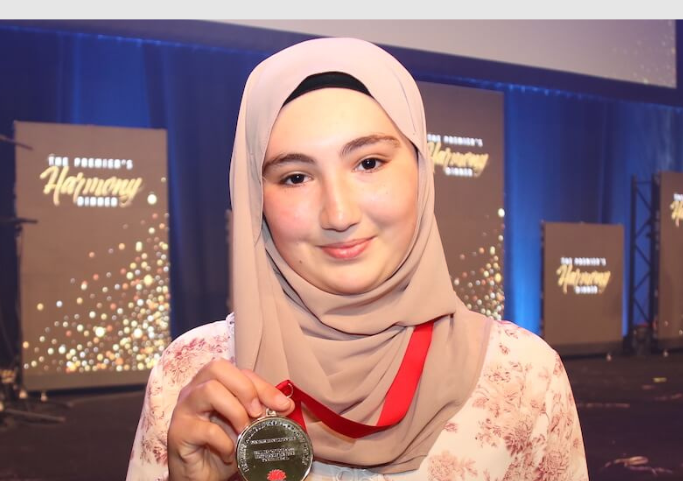
Student advocate and Project Officer, Muslim Women Australia
Khadijah couldn't wait to finish school and start studying to be a teacher, so instead of doing year 11 and 12, she worked out she could fasttrack it with a bridging course, and is now at university studying a Bachelor of Primary Teaching while many of her peers are still working their way through high school.
A proud Australian Muslim of Lebanese Palestinian background dedicated to advocating for her community. During Covid-19, she helped form the Muslim Women Australia’s Youth Advisory Committee to help address the issues young people were facing in the extended lockdown, particularly in Southwest Sydney.
A certified swim instructor, Khadijah also teaches swimming to women who have escaped domestic violence, contributing to their healing process. Across her various community roles, she mentors young girls using culturally and religiously inclusive mental health and leadership strategies.
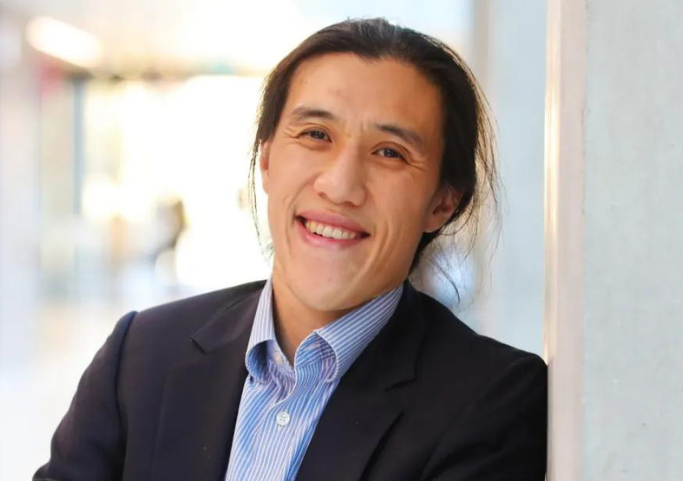
Group Leader – Molecular Viral Hepatitis Group, Westmead Institute for Medical Research
At 14, Dr Thomas Tu was diagnosed with chronic Hepatitis B (HBV), an incurable viral liver infection that kills a million people every year. Now 38, he’s transformed his personal struggle into a driving force behind his dedication to find a cure for HBV.
As a researcher at The Westmead Institute for Medical Research, his groundbreaking work includes understanding how the virus persists in the liver and linking viral forms to liver cancer risk. He also founded HepBcommunity.org, a global online platform providing support and mentorship, and Hepatitis B Voices Australia, an advocacy group amplifying HBV-affected voices.
Thomas' approach is shaped by both extensive scientific training and deep engagement with people affected by HBV, particularly in underserved communities. His work aims not just to increase scientific understanding but also to address the social stigma associated with HBV, advocating for a holistic approach to health equity.
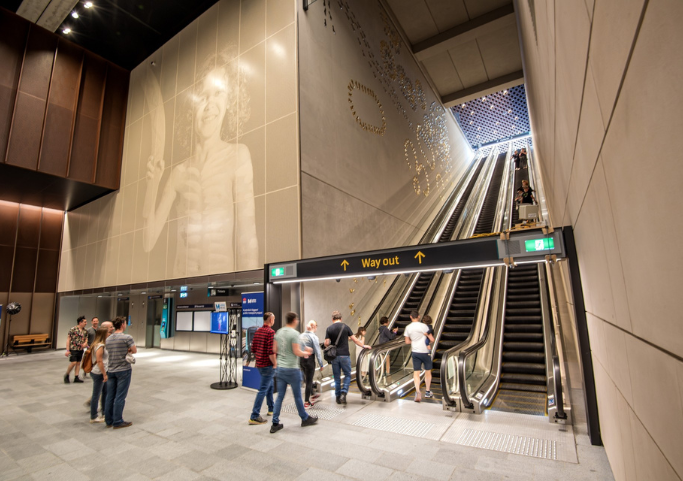
The Sydney Metro City and Southwest project, developed over a decade, is set to transform Sydney’s public transport and reshape the city.
The team grappled with so many complex challenges to make it work – including tunneling below Sydney Harbour and skyscrapers, and building a new metro station beneath Central Station. Then there was Covid-19 and a change in government.
It couldn’t have been achieved without deep and sustained collaboration among the thousands of people working on the project, over that time, particularly from the core organisations including Sydney Metro, Northwest Rapid Transit, MTR Corporation and Metro Trains Sydney.
The project is already serving as an immediate catalyst for new housing around metro stations. It will be a huge economic enabler by boosting productivity, reducing road and rail congestion and encouraging business densification, as well as driving culture by providing better access to key nighttime economy centres.
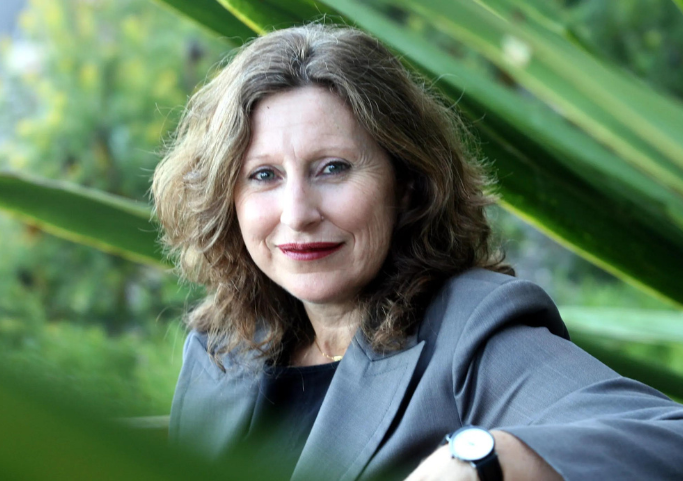
CEO, City of Sydney
Monica’s almost two-decade tenure as CEO of the City of Sydney Council has been a transformative era for the city.
As well as overseeing major urban projects including Tramsheds and the pedestrianisation of George Street, Monica drove the 'Sustainable Sydney 2030' strategy that led City of Sydney to become the first government in Australia to achieve carbon neutral accreditation. She also played a key role in the renewal of Green Square, which includes constructing $550 million dollars of public infrastructure, parks and active transport.
Managing nearly 2000 staff is no easy feat – yet Monica’s strategy to advance women in leadership and promote full participation and pay equity has transformed City of Sydney into a high-performing employer of choice with a thriving culture of equity. Under her guidance, the City of Sydney has a gender pay gap of 7% in favour of women.
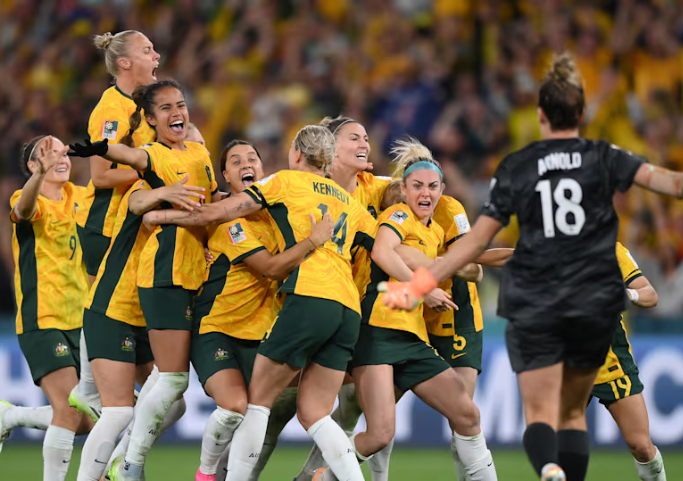
By Football Australia
The FIFA Women's World Cup 2023 was more than a major sports event, it was a landmark project that demonstrated the power of sport to transform society.
Over the course of a month, two million fans attended games, with a global audience of two billion. The World Cup pumped $1.3 billion into the state’s economy and helped turn the Matildas into the nation’s leading sporting brand.
The event was spearheaded by Football Australia, which envisioned the tournament as an opportunity to inspire a generation, shift expectations around women’s sport, and reinforce Australia’s standing on the global stage. It shifted the culture of sport in Australia on its axis, driving a huge upsurge in women and girls playing sport and a fanbase for the Matildas and women’s sport in general.
Since the Women's World Cup, participation by women and girls in soccer increasing from 21% to 26% since 2021. Programs like MiniTillies have already seen a substantial increase in registrations, indicating a shift towards greater inclusivity and support for women’s football.
2024 Major Partner

2024 Media Partner

2024 Award Sponsors

